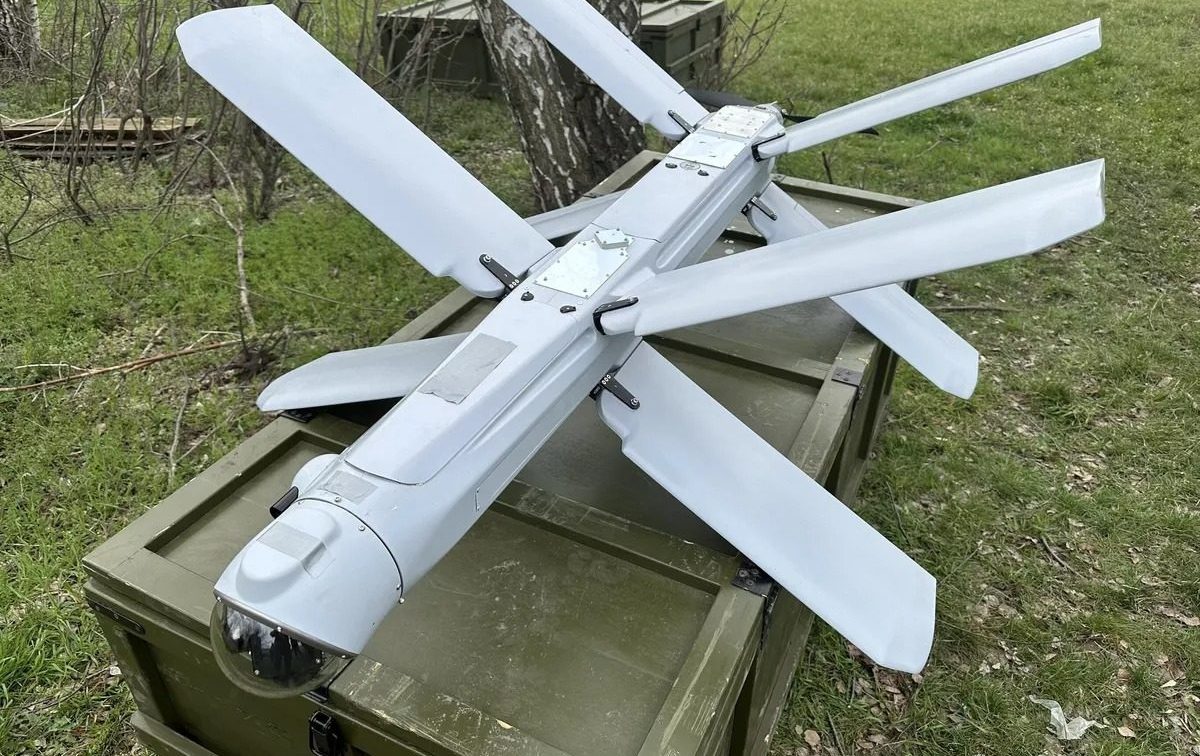Russia’s Suicide Drone, Lancet, Eliminates 80 Percent of Its Targets
ZALA Aero, the Russian company responsible for developing the Lancet suicide drone, has stated that the system has successfully destroyed 80 percent of the Ukrainian military targets out of a total of 872 drones deployed since the conflict between the two neighboring countries began.
(DEFENCE SECURITY ASIA) — Between February 2022 and December 2023, the Russian military deployed a total of 872 kamikaze drones, Lancet, successfully destroying 698 targets belonging to the Ukrainian forces.
ZALA Aero, a Russian company responsible for developing the Lancet drone, claimed that the weapon has effectively eliminated 80 percent of the Ukrainian military targets from the deployment of 872 Lancets.
ZALA Aero is a subsidiary of Kalashnikov Concern, renowned worldwide for manufacturing the AK-47 rifle.
The Lancet suicide drone has become a formidable threat to the Ukrainian military, especially after its upgrade with Artificial Intelligence (AI) capabilities by its manufacturer.
Previously remotely controlled by Russian military personnel, the latest reports indicate that the Lancet drone now operates autonomously, devoid of human control, through its AI capabilities.
In practical terms, the Lancet drone by ZALA Aero can now detect, identify, and engage its targets independently, without human intervention or control.

Videos released by the manufacturing company showcase the drone successfully destroying various weapons during the two-year conflict in Ukraine, including armored vehicles, artillery, armored personnel carriers, and landing crafts.
One significant enhancement to the Lancet suicide drone is its ability to operate in conditions that are difficult for the enemy to detect, especially when equipped with optical modules.
Ukrainian military sources observed the drone’s use of optical modules, allowing it to operate effectively in challenging conditions, including nighttime operations, in December of the previous year.
According to various Russian sources, the efforts to upgrade the Lancet drone’s capabilities were carried out in stages, resulting in various versions distinguished by their modernization levels.
The latest variant of the Lancet drone is known as “Izdeliye 53.”

The current Lancet variant, “Izdeliye 53,” can operate in a swarm of four drones, enabling it to destroy multiple enemy weapons while avoiding interception by the enemy simultaneously.
Priced at only US$35,000 (RM157,000) each, Russia employs the Lancet suicide drone to eliminate Ukrainian weapons, which are significantly more expensive, such as artillery systems and air defense systems supplied by Western countries.
Numerous videos circulating on social media demonstrate the Lancet drone’s effectiveness in destroying artillery systems from the Soviet Union and Western countries, including the M777, Paladin, and the KRAB mobile artillery system from Poland.
Additionally, the Russian suicide drone has been responsible for destroying Ukrainian air defense systems like the S-300 and Leopard armored vehicles.
With increased range and effectiveness through the integration of AI technology, the Lancet suicide drone enables Russia to target more Ukrainian military objectives.


Previously, ZALA Aero, the manufacturer of the suicide drone, stated that the weapon could fly and attack targets within a range of 60km to 110km.
According to Russian Defense Minister Sergey Shoigu, 45 percent of Ukraine’s military equipment, particularly NATO-supplied artillery systems, has been destroyed by the Lancet suicide drone since the conflict began in February of the previous year.
Russian military sources, as quoted by their state media, attribute the destruction of 80 percent of M109 Paladin mobile artillery systems and 25 percent of M777 howitzers supplied by the United States to the Lancet suicide drone. — DSA


Comments are closed.